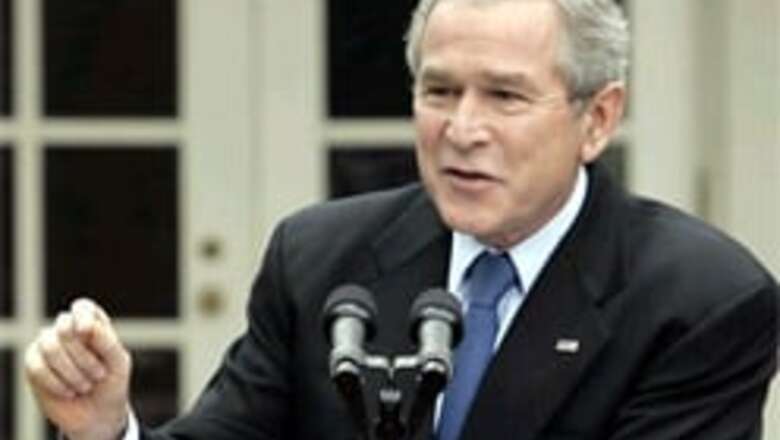
views
Washington: North Korea's claims of a nuclear test establish Pyongyang as a "threat to international peace," President George W Bush said on Wednesday as he pledged to defend US allies and interests in the region.
"North Korea has once again chosen to reject the prospect for a better future ... instead it has opted to raise tensions in the region," Bush said at a White House news conference.
"The US reserves all options to defend our friends," he said while reiterating that Washington plans no military response in the current crisis.
Bush said however that Washington will cooperate with allies on ballistic missile defense and controls on the export of nuclear technologies.
Bush urged North Korea to return to six-party talks – including China, Russia, South Korea and Japan – aimed at defusing nuclear tensions. The Bush administration has made clear it will not negotiate one-on-one as Pyongyang wishes.
North Korea said on Wednesday it will consider any increased pressure from the US as "a declaration of a war," a North Korean Foreign Ministry spokesman said, according to South Korea's official news agency.
The US is leading the charge for limited UN sanctions against the reclusive Communist country after it said it carried out a nuclear test on Monday. The UN Security Council is considering the draft resolution.
North Korea's second in command, Kim Yong Nam, told Japan's Kyodo News Agency that sanctions would prevent Pyongyang from rejoining multilateral negotiations on its nuclear weapons program, which stalled last year.
"We cannot attend the six-party talks while financial sanctions and various sanctions are imposed on us," said Kim, according to a translation from The Associated Press.
US Secretary of State Condoleezza Rice said President Bush has told the North Koreans that "there is no intention to invade or attack them. So they have that guarantee. ... I don't know what more they want."
Kim earlier had threatened more nuclear tests if the United States continued its "hostile attitude" against Pyongyang, a news report said Wednesday.
South Korea's defense minister, Yoon Kwang-ung, later announced that Seoul will enlarge its conventional arsenal to deal with its potentially nuclear-armed neighbor.
South Korea's military joint chiefs of staff have told the defense minister that troops should check their readiness for nuclear war, according to that country's Yonhap news service, the AP reported.
PAGE_BREAK
Japan announces sanctions
Japan on Wednesday banned North Korean imports and said the North's ships were prohibited from entering Japanese ports, the AP reported.
North Korean nationals also are prohibited from entering Japan, with limited exceptions, the report said.
"Japan is in gravest danger, if we consider that North Korea has advanced both its missile and nuclear capabilities," the AP quoted Prime Minister Shinzo Abe as saying.
"We cannot tolerate North Korea's actions if we are to protect Japanese lives and property. These measures were taken to protect the peace."
A US official said it is possible North Korea may attempt a second test but cautioned there's no evidence of any preparations at another site.
"I would not say we expect it, but it would not be a total surprise," the official said on condition of anonymity because he is not authorised to speak publicly.
Australia's foreign minister cited sources when he told his nation's Parliament that a second test from North Korea could be imminent.
'Something went wrong' on blast: US official
Meanwhile, speculation over the reported test on Monday continued. The US said it believed North Korea attempted to detonate a nuclear device but that "something went wrong," and the blast was relatively small, a US government official said on Tuesday.
The official confirmed North Korea informed the Chinese government before the test that it would involve a four-kiloton nuclear device, a small explosion compared with the 15-kiloton nuclear tests that India and Pakistan conducted in 1998.
Also, an unnamed North Korean diplomat acknowledged that the test was smaller than expected; the South Korean newspaper Hankyoreh reported on Tuesday.
The US cannot say for sure the underground detonation was a nuclear blast; the working assumption is that it was, but not very successful, said the official who spoke to CNN.
Meanwhile, nations were lining up against the reclusive regime of Kim Jong Il, with even longtime ally China saying the reported nuclear test should bring "punitive actions."
Despite the reported threat, North Korea's missiles are not likely to be capable of carrying a nuclear warhead, and a test firing of an alleged long-range missile failed in July.













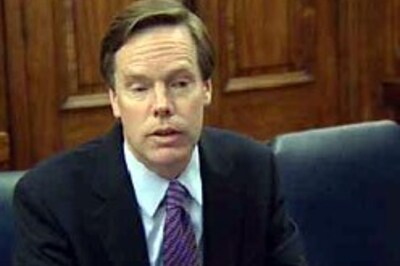
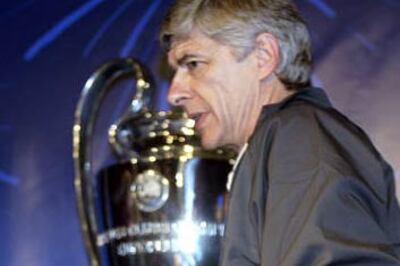

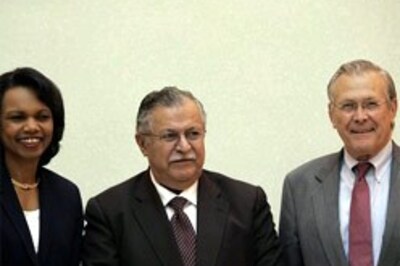
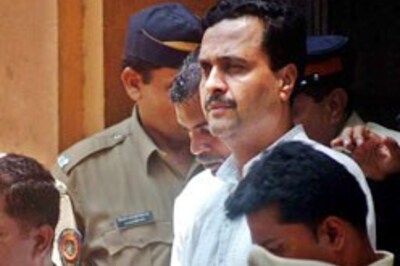


Comments
0 comment